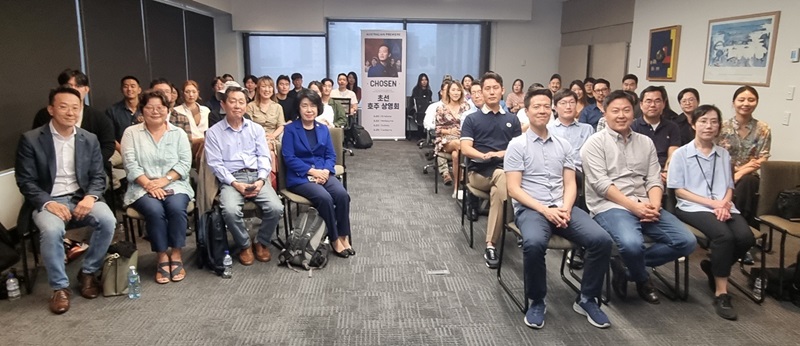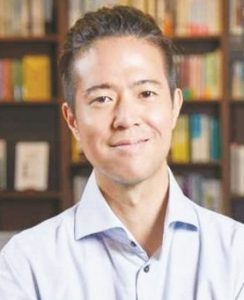[Diasporic Perspective]
This spring, I traveled to six cities in New Zealand and Australia to host documentary screenings and lectures on the Korean diaspora. Most Koreans arrived in these two Southern Hemisphere nations after the 1990s, making most Korean communities still largely organized by the first generation immigrants.
In contrast, large-scale Korean immigration to the United States began after 1965, making Korean Kiwis (New Zealanders) and Aussies (Australians) at least a generation “younger” than Korean Americans.
I had suspected, therefore, that the discourse around identity and community relations might not be as developed for Koreans in New Zealand and Australia as it is for those in the United States.
After all, Korean Americans have established a sense of collective identity through numerous events, including the 1992 Los Angeles riots, that transformed their immigrant identity into a localized, hybrid identity, which is continually being challenged and redefined.

I made conscious plans to meet with Korean immigrants and second-generation peers in every city in New Zealand and Australia I visited to discuss their identity formation and the current issues facing respective Korean communities. One event in Auckland, New Zealand, stood out as the most memorable.
After the screening of Chosen, one audience member raised his hand during the Q&A session.
He asked how I would advise his teenage daughter who is confused about whether she is a New Zealander or a Korean. Wanting to avoid a clichéd and theoretical discussion, I looked around to spot Rebecca Jaung, a second-generation Korean Kiwi doctor and university professor deeply engaged in social issues in both New Zealand and Korea. To me, Rebecca exemplified someone with the ideal dual identity, and I yielded the floor to her.
“To build the identity of Korean Kiwis, we need to learn the history of the Maori, the indigenous people of New Zealand,” she responded.
It was an unexpected answer that took everyone by surprise. The Maori settled in New Zealand roughly 500 years before the British.
Later, land disputes and sovereignty issues with the British led to wars, resulting in significant casualties and threats to the Maori’s culture and existence. However, conscious efforts to restore Maori history and traditions have made their culture a vital part of New Zealand’s identity.
Dr. Juang’s answer, suggesting that understanding the Maori identity is crucial for Korean New Zealanders, carries several insights:
First, identity is relational. Identity does not exist independently; it only exists in relation to others. Therefore, identity is relative. One cannot form a self-identity without having a genuine interest in understanding how others came and lived.
Second, the importance of the specific context in which identity is formed. The identity of a Korean living in the United States and in New Zealand are bound to differ. This is because perceptions of self are defined by a variety of factors, such as the political climate of the host country, its receptiveness to immigrants, the history of ethnic minorities, economic class system, and so forth. Understanding the specific context and history of the society in which one resides enables the conceptualization of oneself and one’s community.
Finally, the universality of identity. The issue of identity is not only a question of self, but moreover a question of rights, equality, and social justice. The poverty and inequality faced by the Maori people in contemporary society is ongoing, multifaceted, and complex, much like the history of Native Americans or African Americans in the United States.
It is evident that Korean identity is built on the footsteps and foundation of those who came before us, who endured discrimination, sacrifice, and systemic injustice, yet strived to challenge and protect their rights and sense of self. Therefore, the issue of identity is connected to universal social values that transcend our confined surroundings.
Professor Juang’s wise yet succinct words implied that without these considerations, our efforts to find a Korean identity will be incomplete. On the long flight back to the United States, I became assured that as long as people like Dr. Juang actively share their positive influence with the young, the future generation of Korean Kiwis will be not only empowered but transcendent.

By Joseph Juhn
The author is a documentary filmmaker of “Jeronimo” and “Chosen”.




